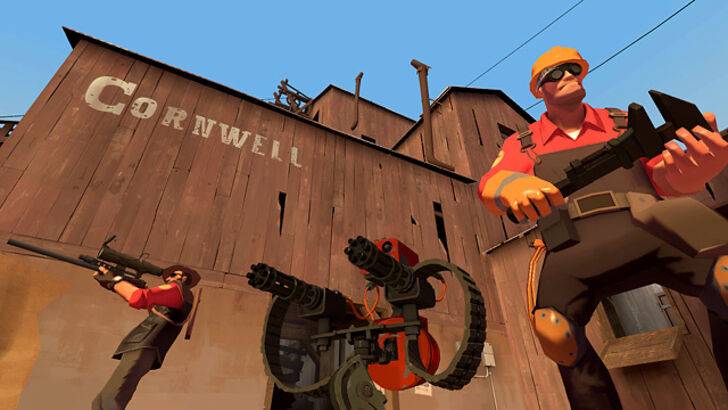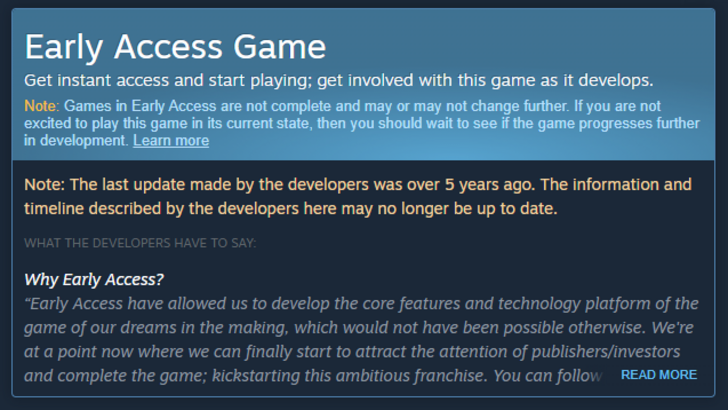
Valve has taken a firm stance against games with forced in-game advertisements by introducing a dedicated policy page. This move aims to enhance the gaming experience for users on the Steam platform. Read on to understand the implications of this rule and what it means for both developers and players.
Valve Rolls Out Rules for Games with Forced Advertising
Games are Forced to Remove Ad Elements

Valve has established a clear policy against games that require players to watch or engage with advertisements to progress or receive rewards. This practice, common in mobile games, particularly free-to-play titles, often features unskippable ads between levels or offers ads as a means to gain additional in-game benefits like energy refills.
The policy has been part of Steamworks' terms and conditions for nearly five years but has now been given a dedicated page for clarity and accessibility. This update comes as the platform experiences a surge in game releases, with SteamDB reporting 18,942 games launched in 2024 alone.

Given the increasing number of games, Valve has tightened its guidelines. Since Steam does not feature paid advertisements, it does not support advertisement-based business models. Developers looking to release games on Steam must remove any forced ad elements or convert their game into a "single purchase paid app."
Alternatively, games can adopt a free-to-play model with optional microtransactions or purchasable downloadable content (DLC). A successful example is the business management simulator, Good Pizza, Great Pizza, which has transitioned its in-game ads into paid DLCs and unlockable content through gameplay progression.
Product Placements and Cross Promotions Allowed on Steam
While disruptive ads are prohibited, product placements and cross promotions such as bundles and sale events are permitted, provided they have the necessary licenses for any copyrighted content. Examples include racing games like F1 Manager featuring real-life sponsor logos or skateboarding games showcasing actual brands.
This policy aims to ensure a higher quality of games on PC and an improved user experience free from intrusive advertisements. Steam users can enjoy their games without interruptions, preserving the immersive quality of their gaming experience.
"Abandoned" Early Access Games Now Give Warning

In addition to the advertising policy, Steam has introduced a feature that flags Early Access games not updated in over a year. These games will display a notice on their store page, indicating the duration since the last update and a disclaimer that the developer's information may no longer be current.
This alert system is designed to help customers navigate the growing number of Early Access titles on Steam, making it easier to identify games that have been abandoned. While negative reviews often signal abandoned games, this new notice provides immediate visibility.
The gaming community has responded positively to this feature, with many expressing appreciation on social media and Steam forums. However, some users suggest that games left without updates for over five years should be delisted to maintain the platform's quality.















